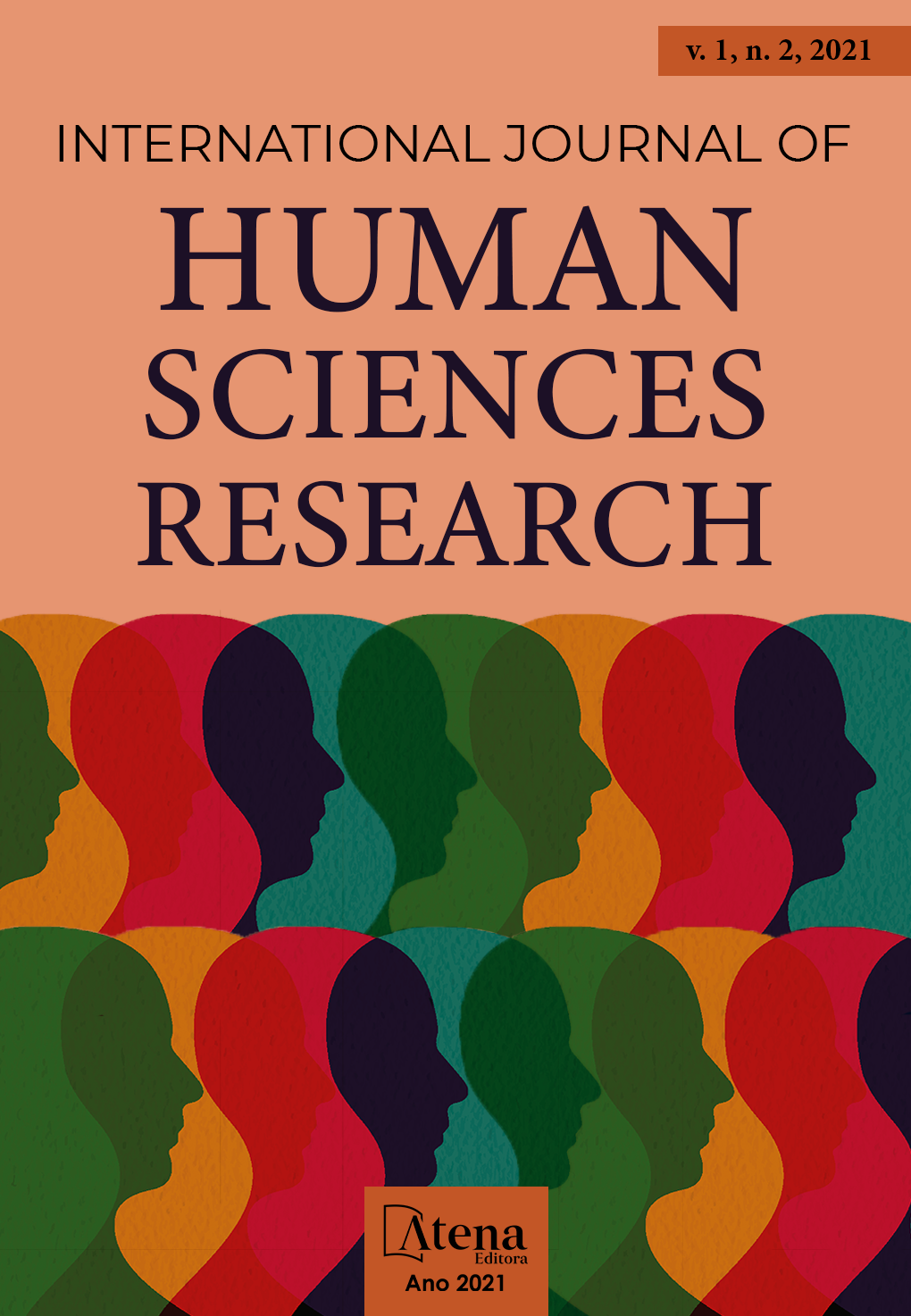
SHARED TOURISM TERRITORY, COASTAL REGION OF SERGIPE, BRAZIL
This study presents the main results of a doctoral dissertation in Geography—Sergipe, 2005-2009, in partnership with the Curso de Maestría Desarrollo Económico en América Latina Graduation Program in Economic Development in Latin America, International University of Andalucía (UNIA), Huelva, Spain (2006-2011)—and of research conducted since then. This analysis highlights the territorial tourism policy and the role of the state in the investments in the public space of Polo Costa dos Coqueirais region and the expectations of a shared territory in overcoming poverty. A phenomenological-hermeneutic method was used in a participatory research process. This decision allowed the development of workshops and notebooks strategies to gather document and field data. The following results stand out: the approaches of international agencies, especially that of the Inter-American Development Bank (IDB), have not contributed to projects that improved the indicators of income of the affected population; the negotiation and support bases of those who represent the Polo’s civil society are contradictory because they influence the effectiveness of public tourism policies but do not perform governance functions; investments in tourism have impacted differently on these communities, and partially fulfill what was established in the investment program of the multilateral agencies, especially the IDB. Therefore, the present study puts forward a proposal of a territorial matrix of community-based tourism, which embodies effective citizenship, to develop at local level a new model of tourism development that contributes to reduce poverty.
SHARED TOURISM TERRITORY, COASTAL REGION OF SERGIPE, BRAZIL
-
DOI: 10.22533/at.ed.5582101112
-
Palavras-chave: Tourism Policy, Public investment, Local power, Governance, Sergipe, Brazil.
-
Keywords: Tourism Policy. Public investment. Local power. Governance. Sergipe, Brazil
-
Abstract:
This study presents the main results of a doctoral dissertation in Geography—Sergipe, 2005-2009, in partnership with the Curso de Maestría Desarrollo Económico en América Latina Graduation Program in Economic Development in Latin America, International University of Andalucía (UNIA), Huelva, Spain (2006-2011)—and of research conducted since then. This analysis highlights the territorial tourism policy and the role of the state in the investments in the public space of Polo Costa dos Coqueirais region and the expectations of a shared territory in overcoming poverty. A phenomenological-hermeneutic method was used in a participatory research process. This decision allowed the development of workshops and notebooks strategies to gather document and field data. The following results stand out: the approaches of international agencies, especially that of the Inter-American Development Bank (IDB), have not contributed to projects that improved the indicators of income of the affected population; the negotiation and support bases of those who represent the Polo’s civil society are contradictory because they influence the effectiveness of public tourism policies but do not perform governance functions; investments in tourism have impacted differently on these communities, and partially fulfill what was established in the investment program of the multilateral agencies, especially the IDB. Therefore, the present study puts forward a proposal of a territorial matrix of community-based tourism, which embodies effective citizenship, to develop at local level a new model of tourism development that contributes to reduce poverty.
-
Número de páginas: 22
- Mary Nadja Lima Santos


